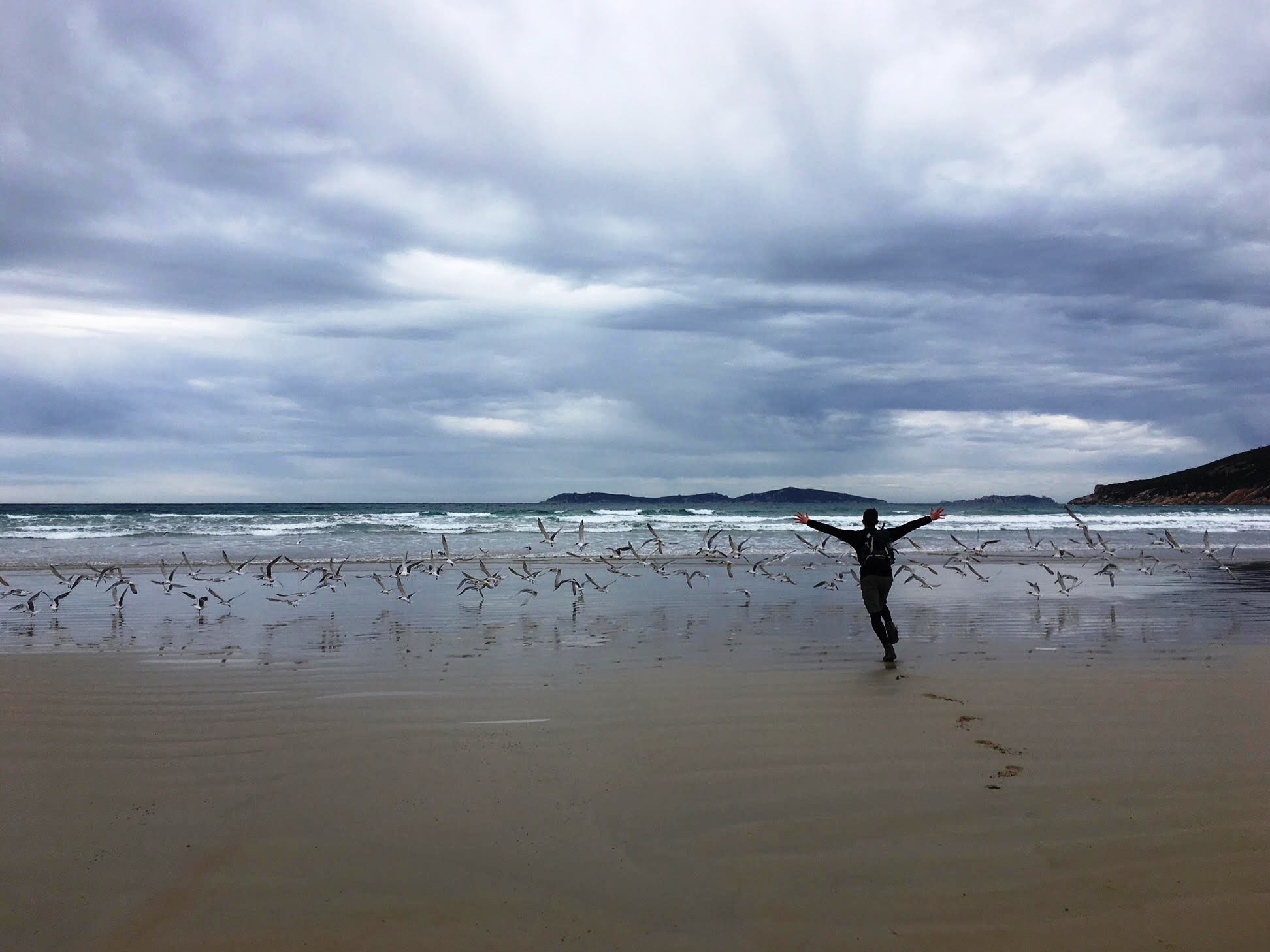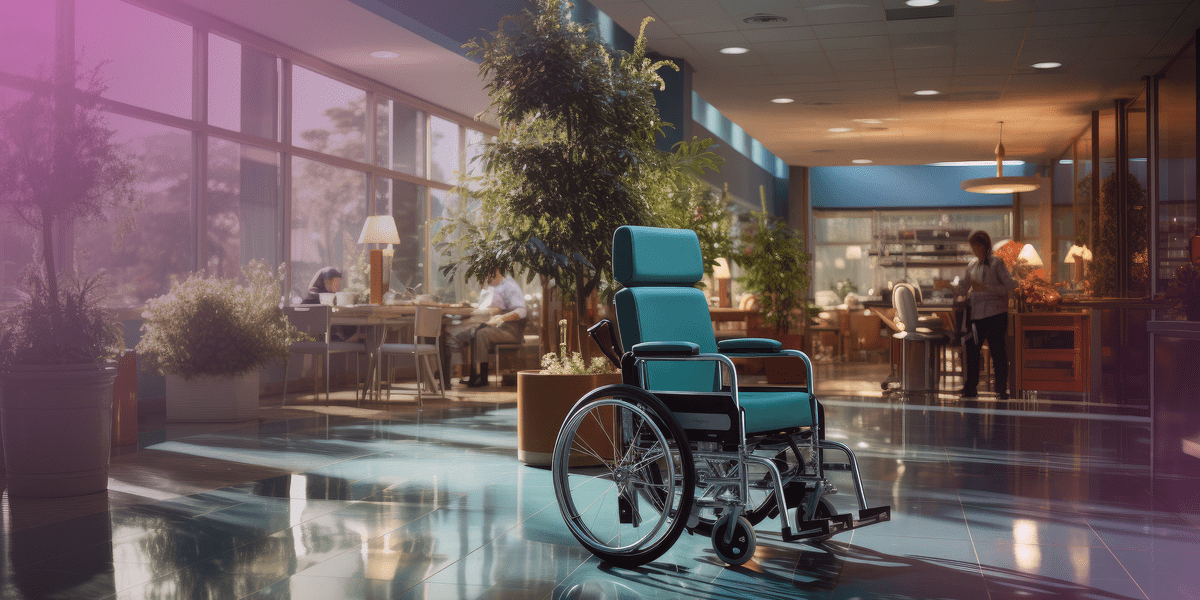
What will the world look like in 2030?
The Sustainable Development Goal’s (SDG’s) will have run their course, potentially yielding huge advances for communities and people across the world. The Paris Agreement on climate change will have ended, following either extraordinary global effort or revealing structural apathy. It will be a big year for humanity and the planet.
In 2030 in Australia, will we be working alongside robots? Will we be eating fungi proteins and bugs? Will our borders be more open or closed? Will Indigenous ways of thinking be proudly ingrained in mainstream Australian society?
At the 2017 ACOSS National Conference, the message was clear: the future is undefined. As civil servants, social sector workers, business people and citizens, we need to actively define it. Together.
It seems obvious, but too often we get caught up what is, instead of acting toward was could be.
The conference was two days of conversations with passionate change agents in asylum seeker policy, Indigenous health and disability; deep specialists in the economics of housing affordability, energy market regulation and education; and innovators of tools and models for digital innovation, cross-sectors partnerships and campaigning.
Across the board, there were some common themes relevant for any organisation seeking to define the future, instead of simply arrive at it.
Change narratives.
Kon Karapanagiotidis, founder of the Asylum Seeker Resource Centre, spoke fervently about the narratives we construct about asylum seekers. “We weaponize and demonize and criminalise those brown bodies,” he said. He spoke of the narratives we construct around the cost of welcoming new people to our shores, of how we perceive that their opportunity somehow strips our freedom.
Mike Salvaris, director of the Australian National Development Index, spoke of the narrative we accept about progress and prosperity, where everything is secondary to economic growth.
Social justice advocate Lana Woolf spoke of the narratives about the ‘other’ that entrench the culture wars, driving an ideological wedge between left and right voters.
While each of these issues represents far more than just a narrative, each of them is propelled forward and given life by a narrative. To change the world, we must change narratives. We must listen to common language, tell the stories that matter, seek to give power to those without it and find new ways to engage people on and off line.
Dissolve barriers. Work together.
Unlike the structure of the social sector largely, Australia’s challenges are not segmented neatly into individual issues.
Energy efficiency and sustainability interconnects with housing affordability. The fairness of our welfare system is affected by the narratives we construct about race, class and gender. The strength of our democracy is affected by the literacy of our population and funding regulations for electoral campaigns. The list go on, and out.
To address these, and the many other challenges we face, we must think about partnering and attribution differently.
We must partner across issues and sectors, bringing capital and expertise to problems and measuring success by outcomes, not brand association. As Seri Renkin, Managing Director from ten20 Foundation says, “we need to think beyond what we already know, to focus on shifting the power within a system. Find the power, and partner with those around it.”
Don’t accept the norm.
“Our future is not predetermined, or delivered to us by some construct that sits outside of ourselves, it requires active choice by every one of us.”
-Richard Di Natale, Australian Senator and leader of the Australian Greens
Regardless of if you align with Senator Di Natale’s politics, its hard to contest this statement.
We have done and continue to design this world, based on what we know, what’s been before, what we assume about the human race, what we fear and what we desire. Underlying every system, every structure, every program, is a set of assumptions. When we accept these assumptions as truth, and the current state as the only state, we limit our horizon.
If we want an Australian in 2030 that we don’t have now, we need to question the norm.
Senator Di Natale summarised this sentiment well with a simple question: “will people in 100 years thank us for this?”

